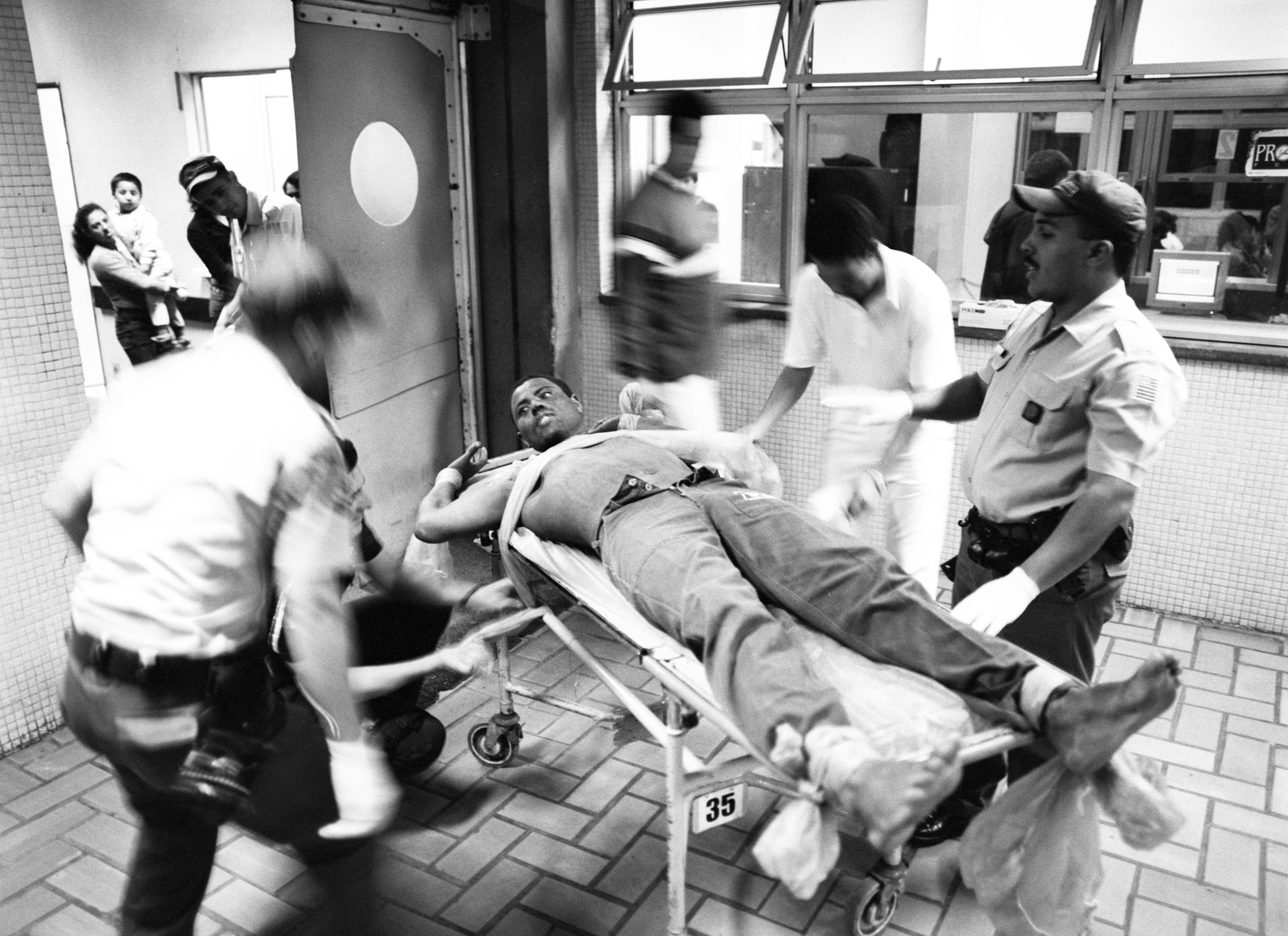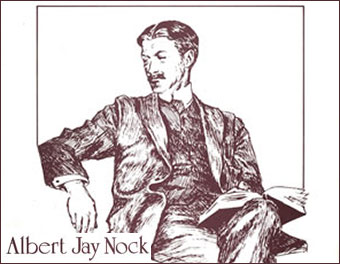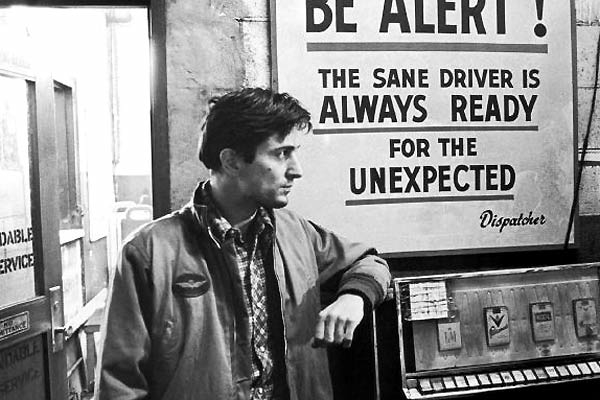
WSJ
More than two-thirds of America's youth would fail to qualify for military service because of physical, behavioral or educational shortcomings, posing challenges to building the next generation of soldiers even as the U.S. draws down troops from conflict zones.
The military deems many youngsters ineligible due to obesity, lack of a high-school diploma, felony convictions and prescription-drug use for attention-deficit hyperactivity disorder. But others are now also running afoul of standards for appearance amid the growing popularity of large-scale tattoos and devices called ear gauges that create large holes in earlobes.
...
The military services don't keep figures on how many people they turn away. But the Defense Department estimates 71% of the roughly 34 million 17- to 24-year-olds in the U.S. would fail to qualify to enlist in the military if they tried, a figure that doesn't even include those turned away for tattoos or other cosmetic issues. Meanwhile, only about 1% of youths are both "eligible and inclined to have a conversation with us" about military service, according to Major Gen. Allen Batschelet, commanding general of U.S. Army Recruiting Command.
...
"The quality of people willing to serve has been declining rapidly," said Gen. Batschelet.
Each year, about 180,000 young men and women successfully volunteer for America's active-duty forces. An additional 110,000 join the services' reserve and National Guard units. Individual services manage their own recruiting and have the authority to grant waivers to applicants who don't meet broad standards.
When the military faced escalating foreign engagement in recent years, recruiting standards were loosened: In 2007, only 79% of those who enlisted in the Army had completed high school, compared with 90% in 2001, while the Army also accepted recruits with more excess body fat during the height of the Iraq war.
...
About a quarter of high-school graduates also can't pass the Armed Forces Qualification Test, which measures [VERY BASIC] math and reading skills, Gen. Youngman said. "They aren't educationally qualified to join the military in any capacity, not just the high-tech jobs," he said.
U.S. Army First Sgt. James Sawyer, who heads recruiting across a swath of Los Angeles County, said tattoos have become the most common cosmetic reason that applicants are disqualified. The Army already banned tattoos on the face, neck and fingers, but according to regulations in effect May 1, soldiers also can't have more than a total of four visible tattoos below the elbows and knees, and tattoos must be relatively small. The goal of the tattoo rules is to maintain a professional-looking Army, Sgt. Sawyer said. He added that "the average person in California has a tattoo."
Maybe we should just start hiring mercenaries from the barbarian tribes.


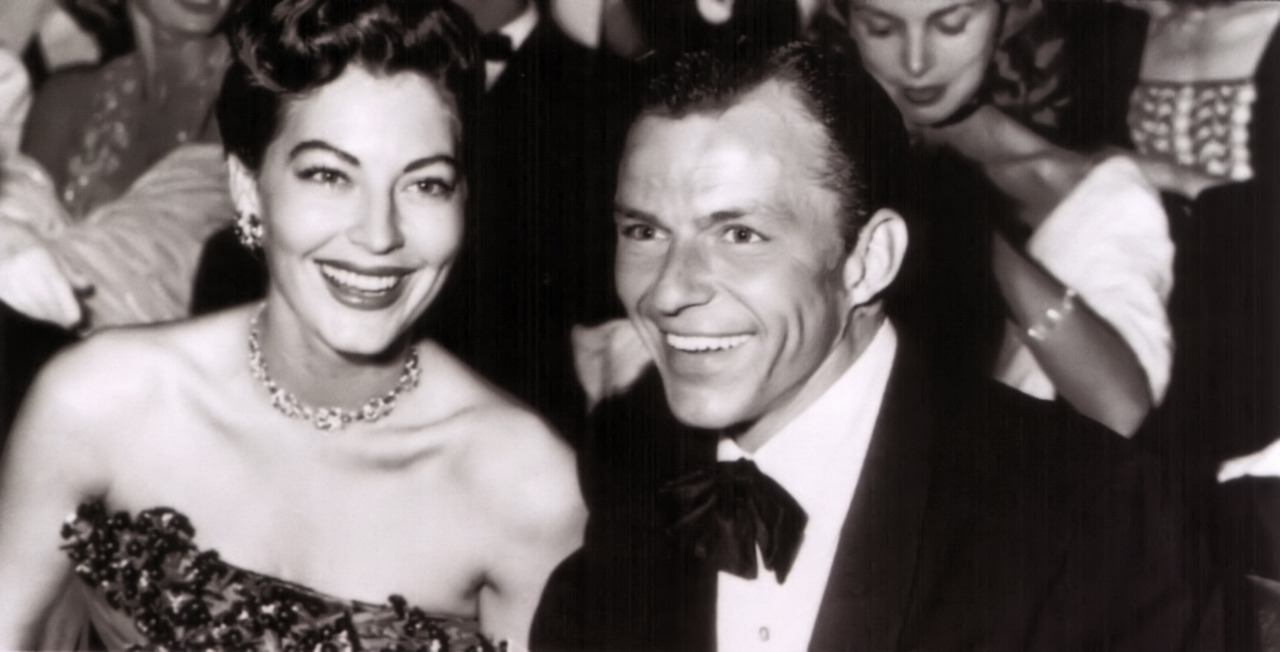
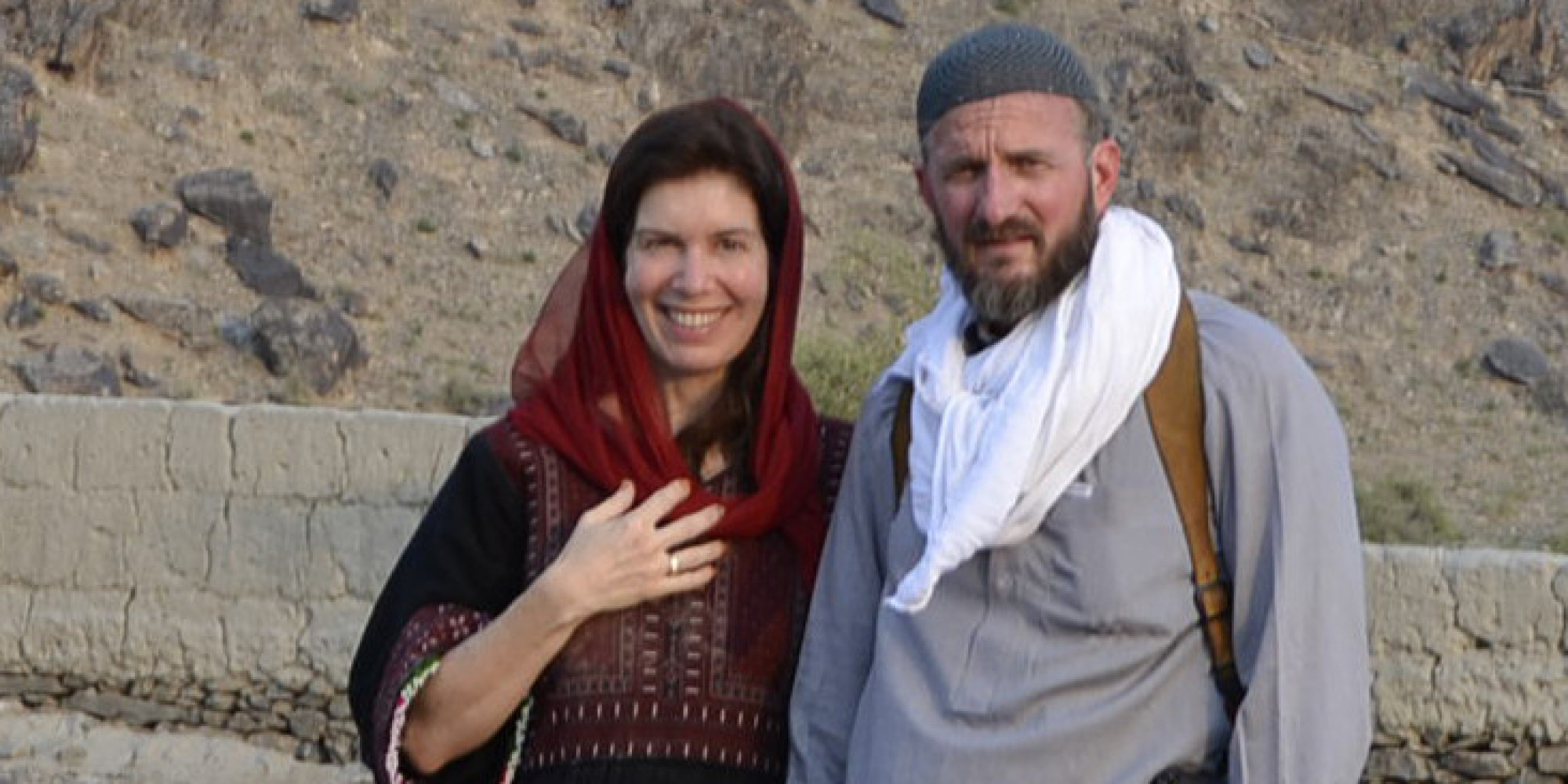


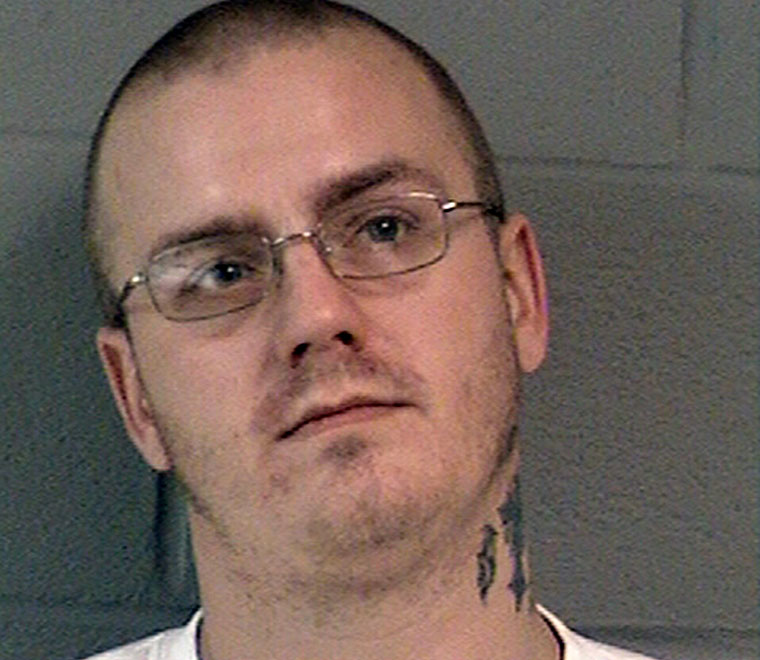

.jpg)
